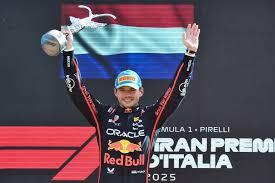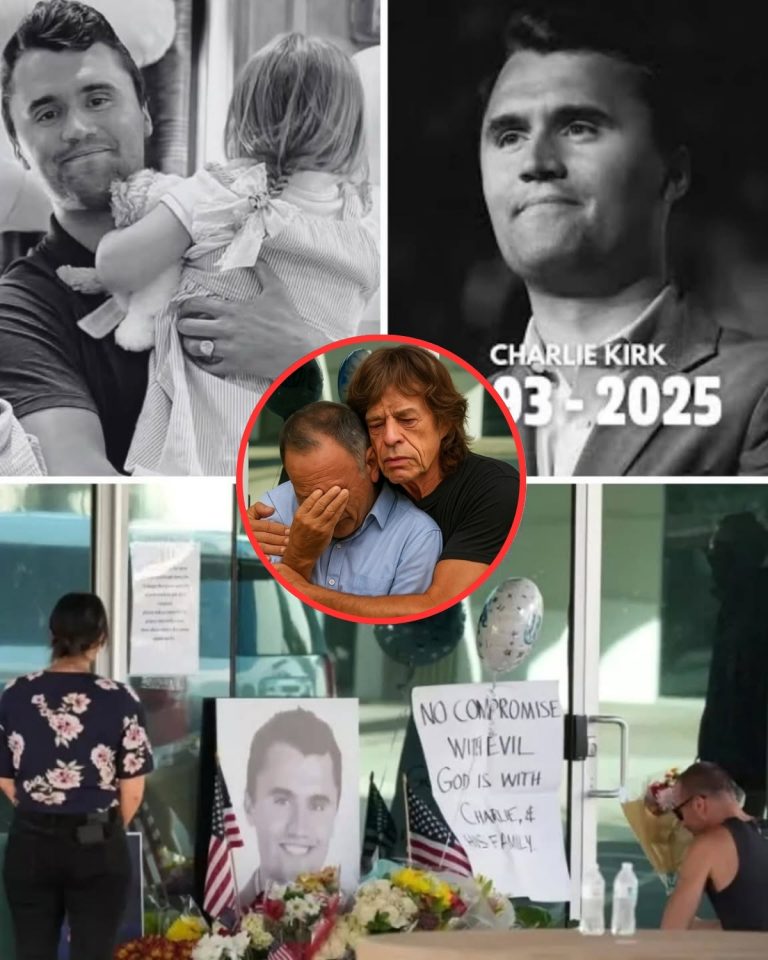Just minutes after the clock struck night in Monte Carlo, the Formula 1 world was shocked by an unexpected announcement. Max Verstappen’s wife, just 27 years old, stepped forward with a statement that immediately went viral. For many, the news was surreal; the champion who had triumphantly crossed the finish line earlier this season now found himself at the center of a completely different story, one that had nothing to do with speed, engines, or victories, but with his personal life and the shock he and his loved ones had to process.

According to initial reports, the news came as a complete surprise. Verstappen, who usually keeps his private life strictly separate from his professional career, was suddenly thrust into the public eye by his partner’s words. She spoke with visible emotion and emphasized that this news was not easy to share. As cameras flashed and journalists fielded their questions, the essence of her statement continued to resonate: something profound had happened, something that would affect not only the driver’s own life but also that of his fans and followers worldwide.
Social media exploded with reactions almost immediately. Within minutes, hashtags linked to Verstappen were trending in multiple countries. Supporters from the Netherlands, but also from other parts of the world, expressed their concern and support. Many shared photos and memories of highlights from his career, accompanied by messages of strength and hope. The contrast between the glory of the racetracks and the gravity of this personal moment made a deep impression.

In Monte Carlo itself, a tense atmosphere prevailed. Neighbors and fans gathered around the family’s home described an eerie silence, interspersed with the bustle of reporters trying to capture every new development. For some, it felt as if time had stood still; the world champion, usually a symbol of speed and dynamism, suddenly became the focus of uncertainty and speculation.

Meanwhile, Verstappen himself remained out of the picture. No official statements were issued by him personally or his team. This only fueled the rumor mill. Some suggested he deliberately withdrew to deal with the situation in peace, while others wondered if a more detailed statement would follow later. The silence created a sense of mystery, but also respect: many granted him the space to process this at his own pace.
What was striking was the way the sports community responded. Several former drivers, teammates, and analysts expressed their support, not as colleagues in motorsport, but as people who value family and health above all else. Their words underscored that behind the helmet and the speed lies a human being who, like everyone else, is vulnerable to life’s unexpected twists and turns.

How the coming days will unfold remains uncertain. Whether more clarity will emerge regarding the precise nature of the news, or whether the family will choose silence and privacy, remains to be seen. One thing is certain, however: this moment marks a turning point in Verstappen’s story. It’s no longer all about victories and records; this is a reminder that even the greatest in sport face personal trials.






